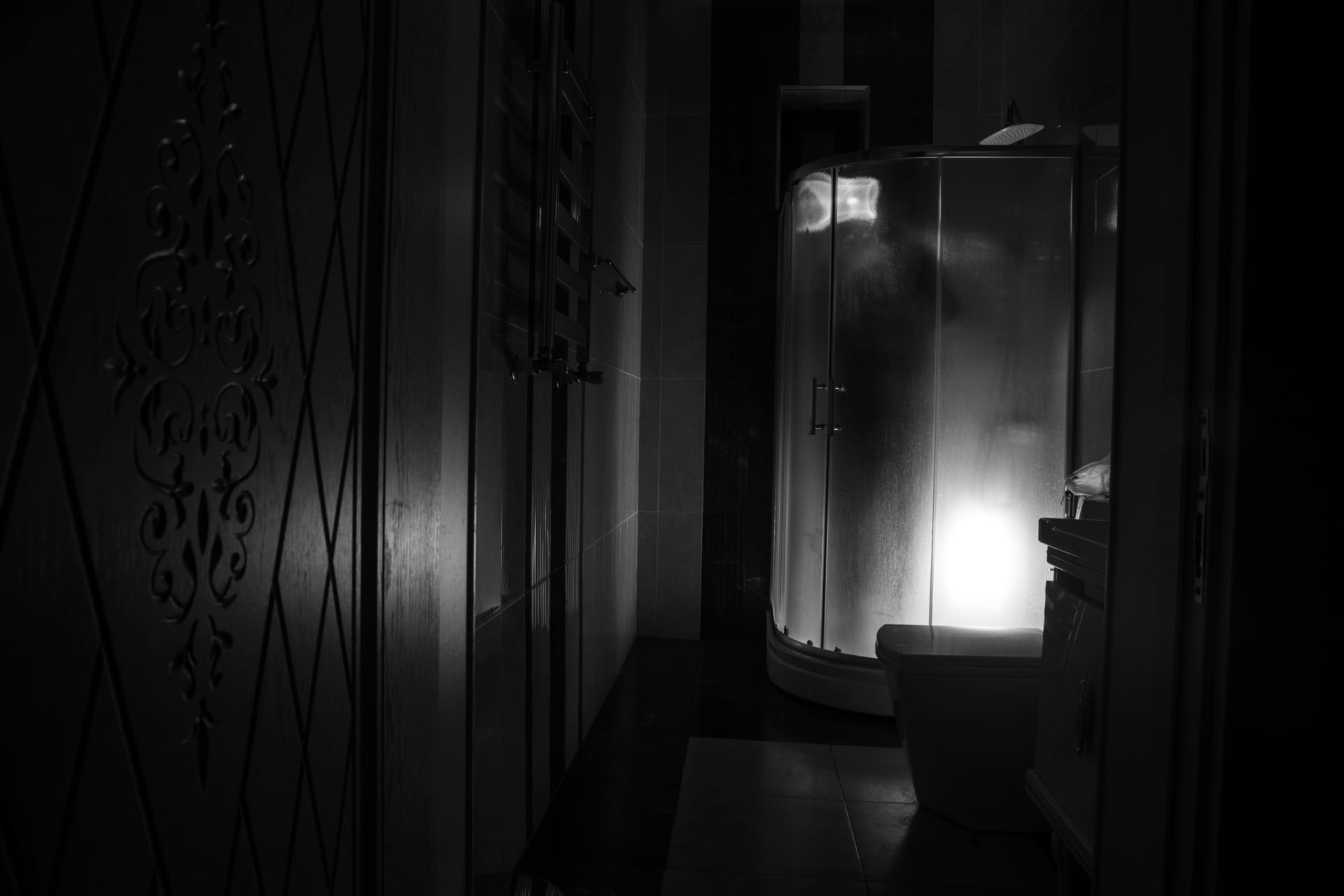(AWP Conference, Chicago, February 2009)
(Originally published in Fence #21 Spring/Summer 2009)
I grew up in a religious culture that literally believed that angels could come down at any moment and address you. In the light of that, it’s hard for me to think of the literary distinction we make between the real and the fantastic as being very firm or very definitive. If you grow up with those sorts of beliefs, then the real itself can’t help but seem incredibly weird.
So, when someone uses a word like “real” in regard to fiction or to life, I find myself asking, “What makes the real real?” That’s a complicated question, and probably a question too complicated to answer, not only in the course of this discussion, but probably ever.
Let me turn instead to thinking about some of the language that describes our panel’s description. “Do we read for truths we easily recognize,” it says, among other things, “or for consequences that make an impact on us in ways we hadn’t imagined?” This could also be rephrased as, “Do we read to affirm a comfortable reality that we think we know or is reading something that transforms—even destroys—ourselves and our reality?”
To be honest, it’s probably not an either/or; the answer is probably both, a combination of identification and transformation that potentially allows something to happen to the reader. The first element (identification) lulls us into acceptance, opens us up, unfurls us, so that the second element (transformation/disruption) can do its work. People accustom themselves, both as readers and as writers, to different levels of balance, and it seems to me that the task of the writer is to use whatever tools he or she can to crack the reader open without the reader realizing in time to resist, and then to initiate a process of transformation and destruction before the reader can take steps to protect himself or herself.
As a reader, I really like fiction that does things to me that I don’t expect and can’t predict, work that I think is doing one thing to me but is actually doing another, work that continues to do its work long after I put the book down. I’m interested in fiction that is contagious in the sense that one catches it, one falls ill and never, so to speak, completely recovers.
As a writer, I want to replicate that experience for my readers. I see fiction as something that, if it’s done in a certain way, cannot be kept at a distance. It gets under the skin—it possesses you. I want the experience of reading my books to be the kind of experience the reader undergoes (Nietzsche: untergehen), something that is part ritual, part fantasy, part reality—with the boundaries between the three being permeable and shifting.
Probably the best compliment I’ve been paid about my fiction was when someone wrote to tell me that after reading one of my books he woke up in the middle of the night and went into the bathroom and turned on the light and found he could not recognize himself in the mirror. You could argue that this is simply an indication that you shouldn’t read certain kinds of fiction before bed, but it resonated for me because that same questioning of, and loss of, self is something that I experience, or undergo, every time I write.
•••
I don’t feel like I’ve successfully escaped the notion of truth by dodging it, sidestepping it. When I looked at the title for the panel, I became very curious about whether the word “truth” or the word “consequence” appeared with any regularity in my fiction. “And ye shall know the truth,” a mantra from the faith I grew up in suggested, “and the truth shall set you free.” I was always dubious about this idea, in the same way that I was dubious about the idea of truth in general. In my own work, truth usually appears in a vexed or dubious context, as an impossibility. “Truth or flesh,” asks a character in Last Days, “Which is more important?” Or “What was the truth, he wondered. How important was it to know? And once he knew, what then?” In my story collection Fugue State, people are “kept from the truth,” and they are “not curious enough to uncover the truth”—the word “truth” appears only twice among the 80,000 words of the collection. “Consequence” appears twice as well, as “consequences be damned,” and “its dark consequence.” “Truth” appears more frequently in The Open Curtain, usually as a matter of fear or doubt. “Consequence” doesn’t appear at all. “Truth cannot be imparted,” the main character in Dark Property claims. “It must be inflicted.” Perhaps as a result, reality itself is something that phases in and out in much of my work, and my characters are never unambiguously certain what really happened or didn’t.
I remain, like my characters, exceptionally dubious about truth, whether with lowercase or capital T. If it does exist, it is perhaps as much an affliction, a burden, as it is a state of mind.
•••
Probably what I’ve said would be a field day for my therapist. You see, I imagine, the problem here, the way it has begun to bite its own tail. But let’s for a moment suspend these notions of truth and consequence that the panel seems to want to draw us toward and think of this concept of the work as contagious, as continuing to work after the fact within you like (to redirect what Cocteau says about death) “bees at work in a glass hive.” For me, different sorts of books and stories do this in different ways, but they do it regardless of genre or subgenre. The right book will do it for me whether it is poetry or prose, whether it is so-called literary fiction or so-called genre fiction. It can do it whether it is horror or science fiction or crime fiction or minimalism or maximalism or manga or a graphic novel—as long as it’s the right thing. It can do it if it’s a Chekhov story by surprising me with a subtle turn of feeling that catches me unaware, but it can also do it in a Peter Straub novel by manipulating the conventions of a genre so deftly that the genre does things you didn’t believe to be possible. Our current distinctions between genres help us organize books, but they do not organize them well in a way that responds to the idea of fiction as experiential. We experience fiction in a way that cuts across genre distinctions, that renders the difference between the realistic and the fantastic less important than the impact individual works in either or both categories have upon us. We suspend genre almost without thinking about it when we see movies: very few people only go see one type of film; instead, we’ll see a Swedish vampire movie one night, a drama the next, a Disney movie the next, a comedy the next, etc. What ultimately matters is less what genre the film is and more what the film did both for us and to us.
•••
What have books done to me? When have they had a consequence and why? I remember the first time I read Thomas Bernhard and how his syntax and rhythm so thoroughly invaded my head that I spent days afterward tempted to utter everything I said in his voice. I remember reading a novel by Peter Straub in my thirties and being so terrified by the way it moved through my head afterward that I found I could neither get up to turn on the light nor stand the fact of its being off—a paralysis I haven’t felt since I was a child. I remember reading William Trevor’s “Miss Smith” and being amazed at how he shifted my sympathies before I’d realized it, and then trying over and over again to replicate that effect, and all the others I have mentioned, in my own writing. I remember how I felt when I first read the following lines from Samuel Beckett’s Molloy and how they opened up a whole gamut of new possibility for me as a writer: “I can still see the hand coming toward me, pallid, opening and closing. As if self-propelled. I do not know what happened then. But a little later, perhaps a long time later, I found him stretched on the ground, his head in a pulp. I am sorry I cannot indicate more clearly how this result was obtained.” I remember reading John Crowley for the first time and thinking “How is it that this person has been publishing since I was nine but it’s taken another thirty years for someone to recommend him to me? What went wrong and where did it go wrong? Why is it that genre divisions are keeping me from reading the things that could be the most important to me rather than guiding me to them?” I could ask the same questions about why I was so late to find Isak Dinesen’s Gothic Tales or Lovecraft’s work or Philip K. Dick or Muriel Spark or Dashiell Hammett or, especially, Robert Aickman.
And this finally is the thing to remember about genre, whatever the genre is, whether it claims to designate the realistic or the fantastic: as an organizational system, genre distinctions are a method of control and regulation, and as such they direct our thinking in advance, they shape our aesthetics without our fully knowing. As long as we remain unaware of this, we literally won’t see much of the work that might best transform us, even might best destroy us, work which exists within all categories and which awaits us if we can only step beyond the tyranny of genre.

